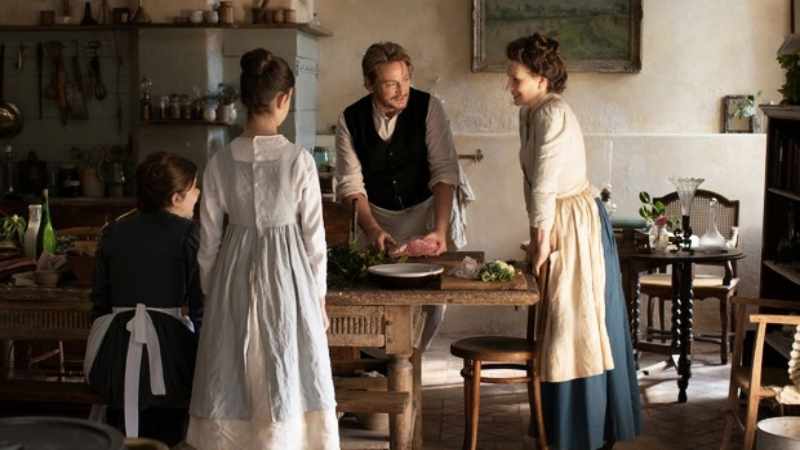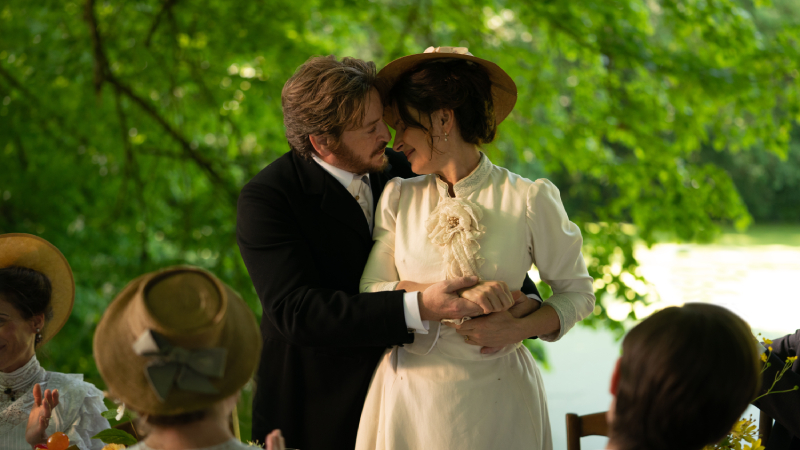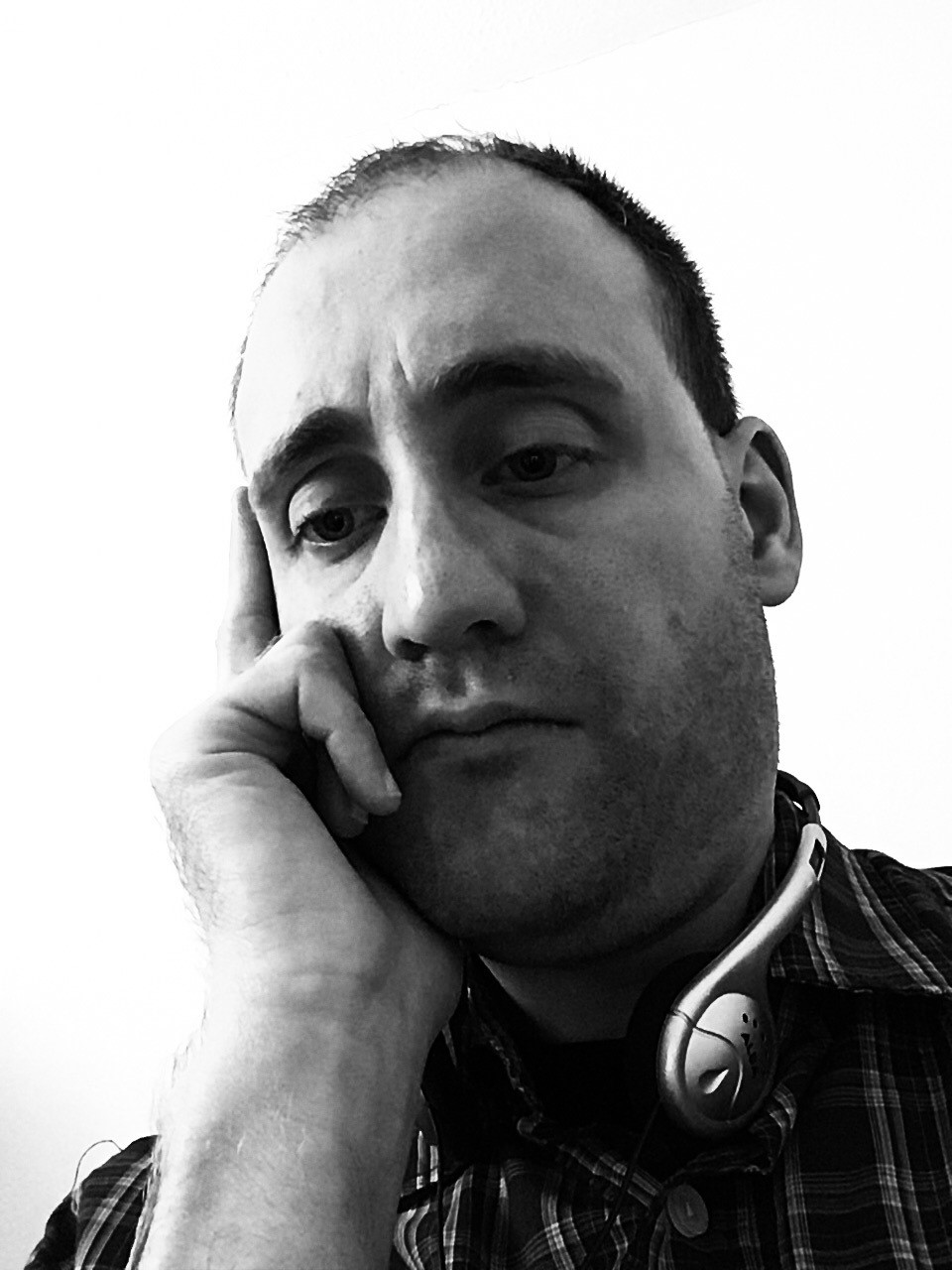




Vietnamese-born French filmmaker Trần Anh Hùng’s The Taste of Things, aka The Pot-au-Feu, is a simple story about gastronomy, based on Marcel Rouff’s novel.
Set in 1885, the unrivalled cook Eugénie (Juliette Binoche) has worked for the famous gourmet chef Dodin (Benoît Magimel) for the last twenty-years. Their relationship has transitioned into a romance, but Eugénie values her freedom and refuses to marry Dodin. Their love and his desire to possess her sees the pair create dishes that are unrivalled, exceeding the expectations of even the world’s most respected chefs. Now, Dodin decides to do something he has never done before – cook for Eugénie.
Born in Da Nang, South Vietnam, Hùng has lived in France since 1975, where he studied filmmaking at Paris’, L’École Nationale Louis Lumière. He made his directorial feature debut with The Scent of Green Papaya (1992), a story of a wealthy family’s gradual decline. For his sophomore feature Cyclo (1995), he delved into Ho Chi Minh City’s underworld, which was followed by The Vertical Ray of the Sun (2000), a gentle story about three sisters living in Hanoi. Hung has directed the English language thriller, I Come with the Rain (2009), and a Japanese language adaptation of celebrated author, Haruki Murakami’s Norwegian Wood. In 2016, he directed his first French-language film, Eternity, an adaptation of Alice Ferney’s novel The Elegance of Widows.
In conversation with DMovies, Hùng discussed his love of hidden structures in his films, how he turns his audience into the film’s writer, and a lot more!
…
.
Paul Risker – What appeals to you about filmmaking as a means of creative expression?
Trần Anh Hùng – In the process of making a movie there are certain moments that are important. The first is when you choose a project, and if it at least sets you a challenge, then it should be something interesting. When I say challenge, it’s always about how to work with the language of cinema to make something special, that has meaning and emotions. If you work well with the language of cinema, then the emotions will be deeper than a simple illustration of a story, even if the story is quite moving. When you express something that only cinema can do, you touch the audience in a different way.
PR – Are your films less about story and more about emotion and the sensory experience?
TAH – Oh yes, the story isn’t that important. You need to have a story, but it can be very simple. What was more important was the feeling of life and humanity that’s in this movie – how do you create the space to express the value of being alive? This was the most important thing, not an exciting story. This is not interesting to me.

PR – Looking back over your films, can you see how your use of the cinematic language has changed?
TAH – No, I never analyse my films in this way, but I can find similarities between the movies and it’s around the ideas that’s important. For instance, the idea of making a movie that has a musical quality. It has nothing to do with the music I use, it’s more about the film feeling like a piece of music.
The other thing is what I call structure, that’s something related to scriptwriting. Of course, you have the story that could be simple or very complicated, and you have a theme. The most important thing is having a structure that deals with the theme and the story. This structure then creates emotions and meanings in a way that’s less obvious and a little bit more hidden.
In this movie, The Taste of Things, you have the character of Beaubois, the little girl. She appears at the beginning, and she handles the theme of the transmission of knowledge – of cooking. Then she disappears from the movie, and she only reappears at the end. She always represents the idea of transmission but because of the structure she means something else. She’s the one who is going to save Dodin from his depression because of Eugénie’s promise to train her.
This structure also says something else that’s hidden – somehow before dying, Eugenie managed to give Dodin a daughter. So, all of this has a beautiful meaning, and this is what I call structure.
PR – We think of structure as the narrative framework, and often themes and ideas as being separate. Are you repositioning the traditional way we think about structure into interlocking layers?
TAH – I always want to make a structure that’s hidden, so the audience has to formulate a way to find the right words to talk about it. Somehow, I turn the audience into a writer because they have to write down the story they’ve just watched. This is important to me because words are the reality of our lives.
If we don’t put an experience into words, then it’s not completely real. We need to give words to what we experience. Watching a movie is an experience and so you have to find the right words for yourself to express it. I always want to have this hidden structure that allows or forces the audience to put everything into words.
PR – The characters in the film are trying to find the words to communicate and understand one another, and the audience also have to find the words to understand the film. This lends the film an intimate playfulness, where the characters and the audience mirror one another.

TAH – The words in this movie, how they talk to and look at each other, leaving space for the other to be free to express what they need, reflects their humanity. It’s quite beautiful.
For instance, in one scene after a meal we would normally see a conversation between Dodin and Eugénie where he’d tell her what the dinner was about. I prefer her to have this conversation with their four friends. We can see how they talk to each other and how respectful these men are to Eugénie, that it created a rare kind of beauty.
PR – Returning to your point about musical rhythm, diegetic sounds alongside the way characters move and talk creates its own rhythm. By removing the music, it allows these sounds and movement to create a natural and hypnotic rhythm that draws the audience in.
TAH – You’re right, because most of the time when people use music in film, it’s to tell the audience how to react to the scene. I like using music in film, but only when the emotions are already there, and the music is used to confirm it. Somehow, there’s a dialogue between the audience and the music that says, ‘You and I agree this is moving and beautiful.’ The music is the beauty of what’s inside the audience’s soul – this is the role of music for me.
On this movie, I found if you work well with the actors, you ask them to create the right rhythm in terms of the dialogue and the silence between the lines. I asked them to slow everything down and to not play too much, but to trust that the meaning is already in the lines. What they had to take care of was the flavour of the sound they’re making. They had to taste the line in their mouth, then wait a little bit before they give it to the audience. So, there was this sense of the audience hanging on, waiting for the line, and they appreciate it more because of the silence that came before.
All of this was quite precisely done. With all the sounds in the kitchen and in nature, I thought the music could be a little artificial in this case. I needed to let everything be real in terms of the sound, so no sound effects, nothing. Only real sounds that I chose carefully to ensure the right flavour was mixed with the picture.
…
.
Trần Anh Hùng is pictured at the top of this article. The other two images are stills of The Taste of Things.
The Taste of Things opens in US, UK and Eire cinemas on Wednesday, February 14th, courtesy of IFC Films in the US, and Picturehouse Entertainment in the UK and Eire.





















